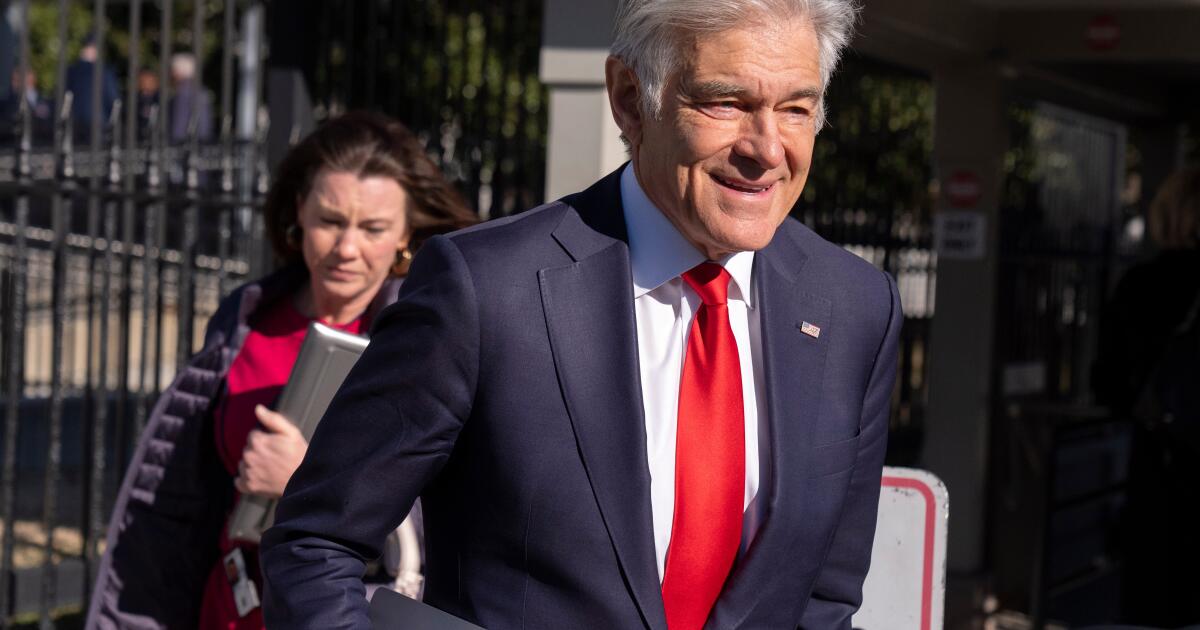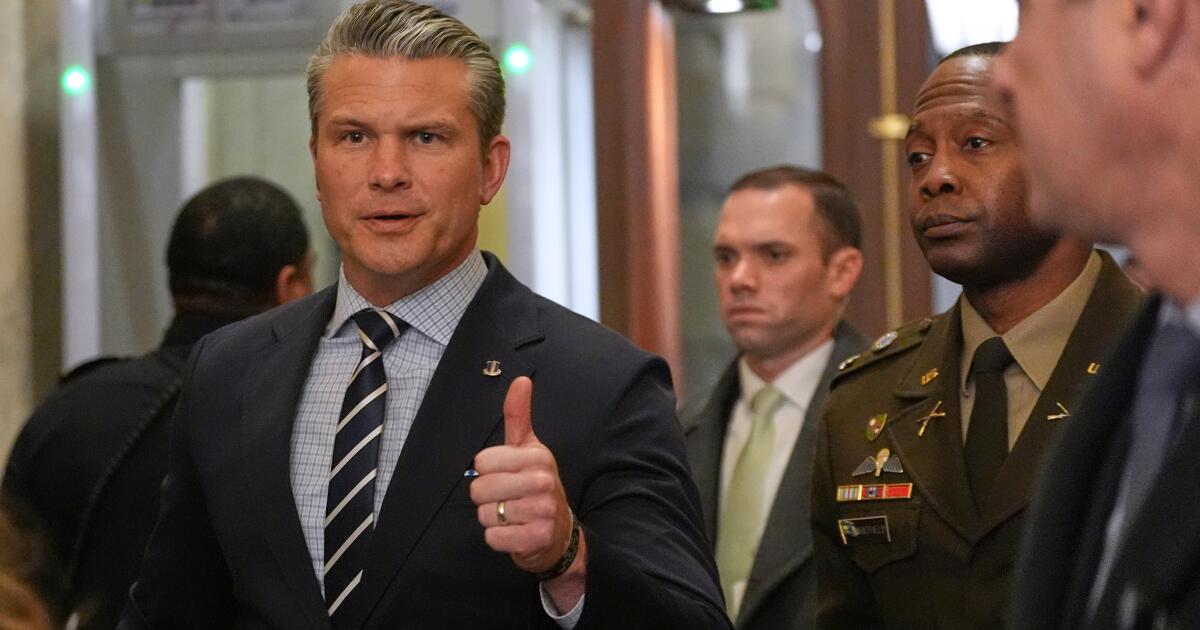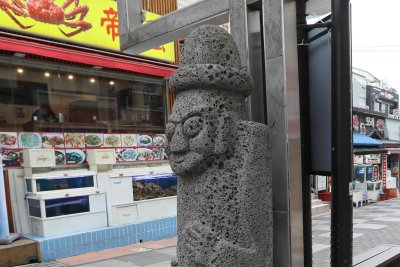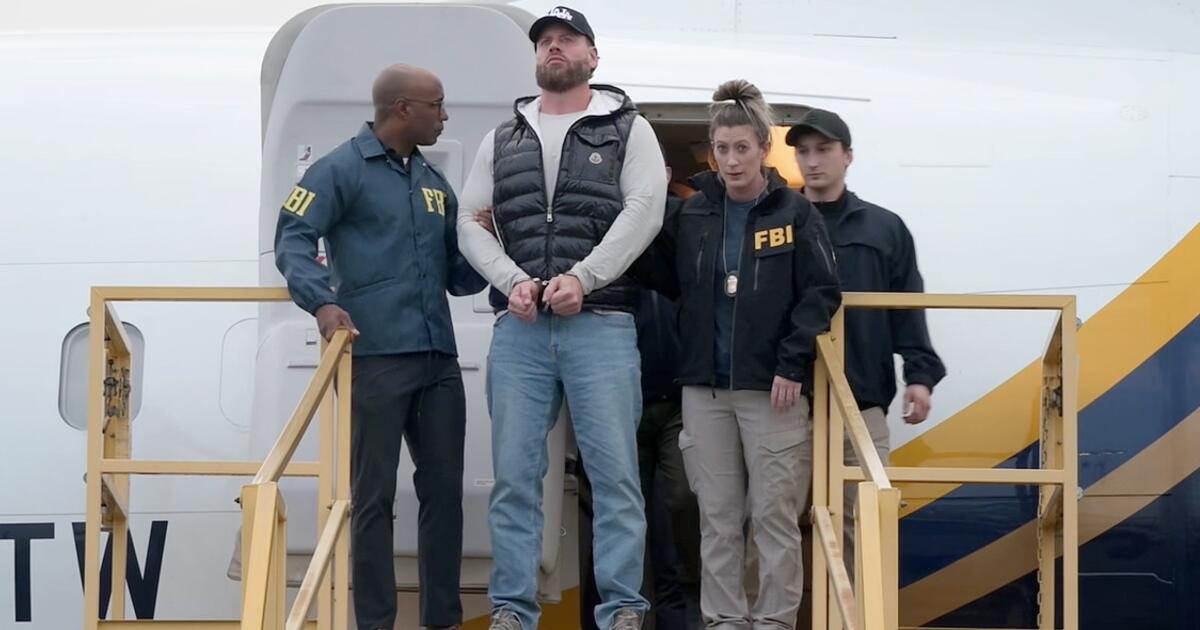Trump administration to launch TrumpRx website for discounted drugs
NEW YORK — The Trump administration on Thursday will launch TrumpRx, a website it says will help patients buy prescription drugs directly from manufacturers at a discounted rate at a time when health care and the cost of living are growing concerns for Americans.
The government-hosted website is not expected to be a platform for buying medication but instead set up as a facilitator, pointing Americans to drugmakers’ direct-to-consumer websites where they can make purchases.
The site’s unveiling, set for Thursday evening, was announced by White House press secretary Karoline Leavitt, who in a post on X called it “a state of the art website for Americans consumers to purchase low cost prescription drugs.”
She said President Trump will make the announcement alongside Centers for Medicare and Medicaid Services Administrator Dr. Mehmet Oz and Joe Gebbia, director of Trump’s National Design Studio.
The president first teased TrumpRx in September while announcing the first of his more than 15 deals with pharmaceutical companies to lower drug prices to match the lowest price offered in other developed nations. He said in December the website would provide “massive discounts to all consumers” — though it’s unclear whether the prices available on drugmakers’ websites will routinely be any lower than what many consumers could get through their insurance coverage.
The website’s expected Thursday release comes after it faced multiple delays, for reasons the administration hasn’t publicly shared. Last fall, Oz told Trump the site would share prices for consumers before the end of the year. An expected launch in late January was also pushed back.
The president has spent the past several months seeking to spotlight his efforts to lower drug prices for Americans. He’s done that through deals with major pharmaceutical companies, including some of the biggest drugmakers like Pfizer, Eli Lilly and Merck, which have agreed to lower prices of their Medicaid drugs to so-called “most favored nations” pricing. As part of the deals, many of the companies’ new drugs will also be launched at discounted rates for consumer markets through TrumpRx.
Many of the details of Trump’s deals with manufacturers remain unclear, and drug prices for patients in the U.S. can depend on many factors, including the competition a treatment faces and insurance coverage. Most people have coverage through work, the individual insurance market or government programs like Medicaid and Medicare, which shield them from much of the cost.
Trump’s administration also has negotiated lower prices for several prescription drugs for Medicare enrollees, through a direct negotiation program created by a 2022 law.
Swenson writes for the Associated Press.





